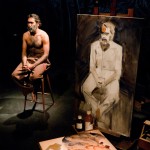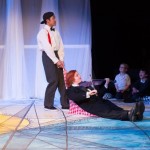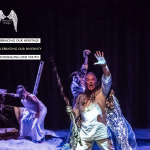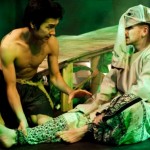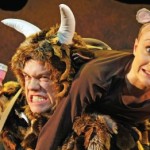Comedy Theatre
Theatre that is purely comedic and which shows the comic talents of individual comedians and comedic companies. The style supports the overturning of pompous, self-appointed authorities and individuals who are largely unaware of their folly.
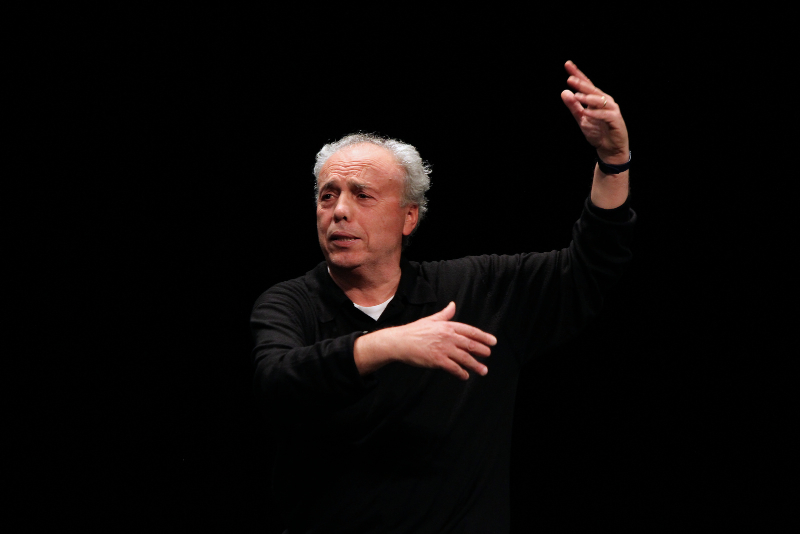
Francis, the Jester of God at Anglican parish of St Francis of Assisi, West Wickham
Mario Pirovano’s welcomes the audience to his one-man performance of Francis, the Holy Jester as a politician on the hustings. Launching the show with the promise of overturning centuries of misconceptions, he springs into the story of Francis, emphasizing that the real stories of the thirteenth century Italian saint are uniquely wonderful because they show how it is Francis the ‘holy fool’ who realises his life as friend of the poor, champion of the persecuted and heroic worker for peace and justice.

Miranda Sings
The phenomenon which is Miranda Sings at Leicester Square is the only show in the vicinity originating from being a YouTube sensation. Colleen Ballinger is a comic genius for creating the world of Miranda, the "relly tallented" star of the bite-size screen.
Next Time I’ll Sing To You
Next Time I’ll Sing To You Genre: Comedy Drama Venue: Orange Tree Theatre, 1 Clarence Street, Richmond, Surrey, ...
Constance
Constance Genre: Comedy Drama Venue: King’s Head Theatre 115 Upper St Islington LONDON N1 1QN Low Down ...
The Conspirators
The Conspirators Genre: Comedy Drama Venue: Orange Tree Theatre, 1 Clarence Street, Richmond, Surrey TW9 2SA Low ...
Wittenberg
Wittenberg Genre: Comedy Drama Venue: The Gate Theatre (Above the Prince Albert Pub) 11 Pembridge Road, London, W11 3HQ ...
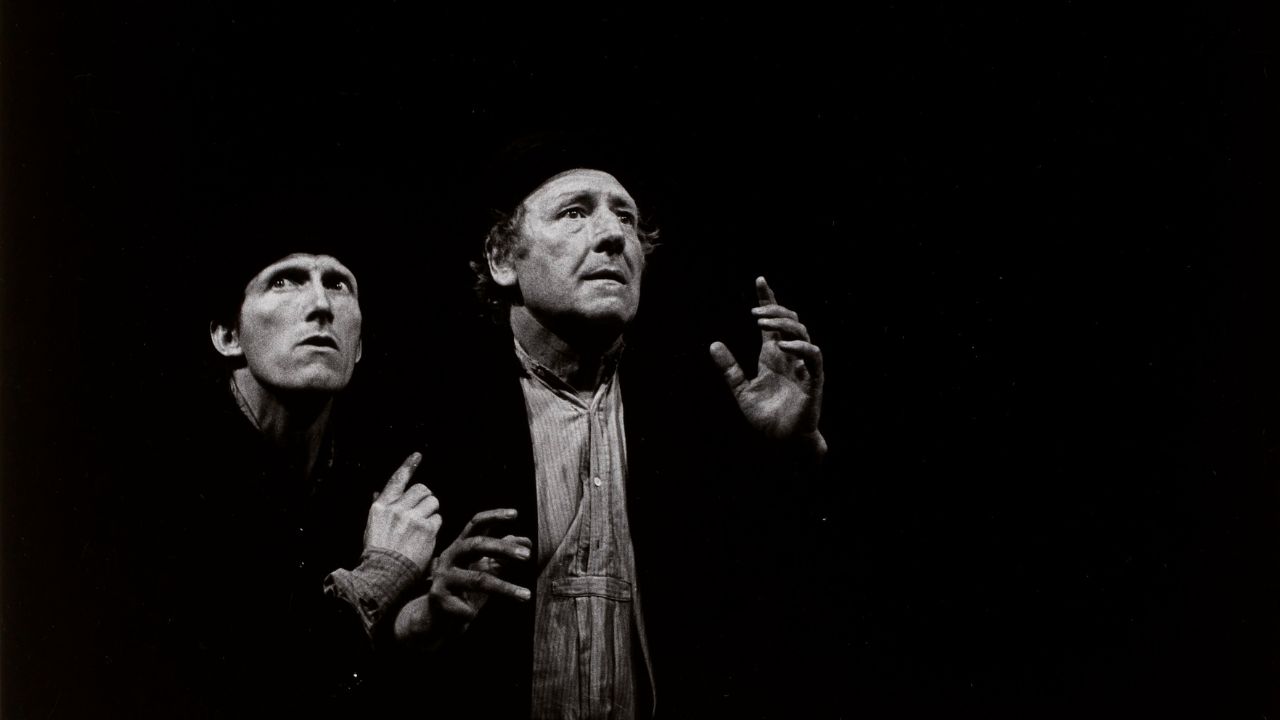
Waiting for Godot, Haymarket Theatre 2009
As an unknown theatre historian who had come to London to re-think her own place in teaching, researching and creating theatre, I am excited at the prospect of seeing the 2009 production of Waiting For Godot. The £47 I spend on the tickets is the most I’ve ever spent on tickets. I read the reviews and seeing the favourable reactions, I conclude that it must be a monumental interpretation of a most challenging play. I so set off to see how four notable performers deal with the central problem which the play presents for actors of not acting, of doing nothing but wait.
